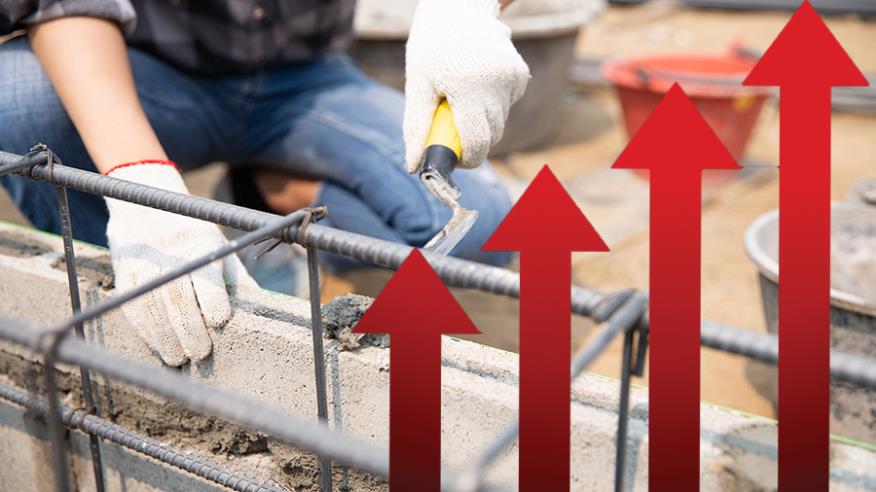07.05.2022
Price increases and delays in receiving orders from abroad make up the picture in the building materials trade sector in Cyprus, which is directly and heavily affected by problems in the supply chain, both due to the pandemic and due to the war in Ukraine .
Domochimiki Managing Director Andreas Spirou described the picture the industry is called upon to operate in today, speaking of the volatile situation that prevails, which he pointed out started with the coronavirus and worsened due to the war in Ukraine.
“The situation is out of control today,” Mr. Spearow said, even estimating that we will see further growth, since, as he explained, in many products, the cost of energy is a significant percentage of the cost of production, and this is inevitably reflected on the prices of the final product.
According to the managing director, the increase in the cost of building materials occurs from all suppliers without exception and in many cases without warning and at frequent intervals, as a result of which there are no more price lists, and prices “on the spot” in most cases.
The biggest increase
When asked which materials are showing the most growth, Mr. Spearow noted that most of them are insulating materials. At the same time, it should be added that materials related to steel and asphalt also show significant growth, as well as specific categories of chemical products such as epoxies and polyurethanes.
However, at the same time, he reiterated that the increase is mainly due to accuracy in energy regarding most materials, and also due to the lack of certain raw materials.
Problems in the supply chain
In addition to the ongoing increase, Domochemiki’s CEO cited huge delays observed and the challenges faced by the supply chain industry as a whole.
Highlighting the problem with the limited availability of containers, Mr Spiro said it started with the pandemic, but the war in Ukraine has exacerbated the situation. According to him, the lack of containers is mainly due to imports from continental Europe and Asia.
“An order, for example, from Italy, reached our warehouses for three weeks before the pandemic. Now it takes two to three months,” he explained.
These delays, as stated, are mainly due to the limited availability of containers compared to demand, which causes many lines to overflow and move their cargo to subsequent routes.
However, according to Andreas Spierow, market demand has not been affected so far and continues to be at a high level.
















